Home>Gardening & Outdoor>Landscaping Ideas>When To Put Down Grass Seed In Michigan
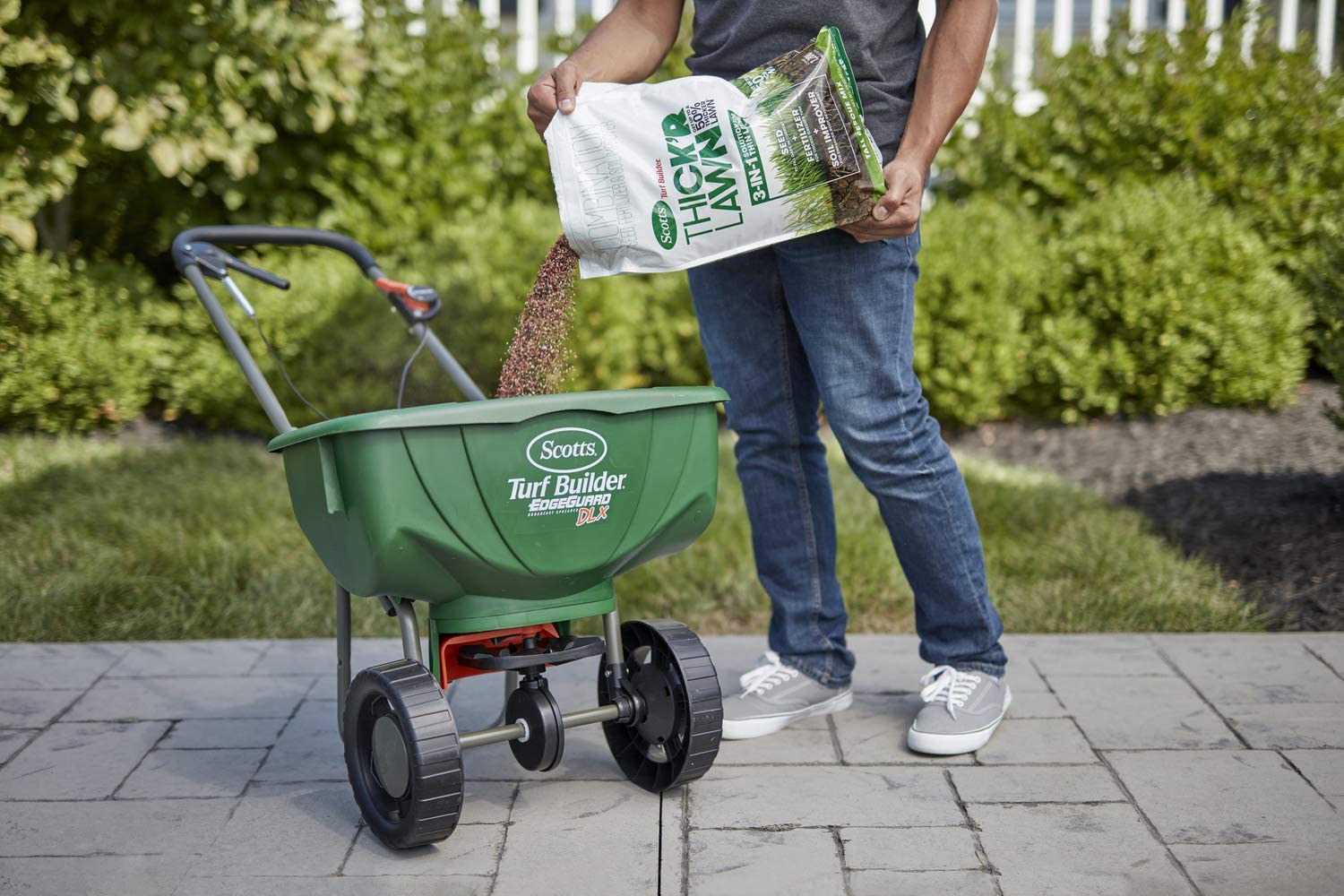

Landscaping Ideas
When To Put Down Grass Seed In Michigan
Modified: March 21, 2024
Discover the best time for seeding your Michigan lawn with our expert landscaping ideas. Learn when to put down grass seed for a lush, green yard.
(Many of the links in this article redirect to a specific reviewed product. Your purchase of these products through affiliate links helps to generate commission for Storables.com, at no extra cost. Learn more)
Introduction
Welcome to the Great Lakes State, where the diverse landscapes and four distinct seasons make Michigan a unique and rewarding place for landscaping enthusiasts. Whether you’re a homeowner looking to enhance your property’s curb appeal or a landscaper aiming to create lush, vibrant lawns, understanding the nuances of Michigan’s climate and the best time to plant grass seed is essential for success.
In this comprehensive guide, we will delve into the intricacies of Michigan’s climate, explore the optimal timing for planting grass seed, and provide actionable steps to achieve a thriving lawn. By the end of this article, you’ll be equipped with the knowledge and confidence to cultivate a verdant, resilient lawn that withstands the rigors of Michigan’s weather.
Key Takeaways:
- Plant grass seed in Michigan from late summer to early fall for the best chance of success. This timing takes advantage of warm soil, cooler temperatures, and increased moisture, setting the stage for a healthy lawn.
- Prepare the soil, choose the right seed, and maintain consistent watering to ensure your grass seed thrives in Michigan. By following these steps, you can create a lush and resilient lawn that withstands the state’s diverse climate.
Read more: When To Put Grass Seed Down In The Spring
Understanding Michigan’s Climate
Michigan’s climate is characterized by its variability, influenced by the Great Lakes and diverse geography. The state experiences four distinct seasons, each presenting unique challenges and opportunities for landscaping and lawn care.
During the spring, Michigan emerges from the grip of winter, with temperatures gradually warming and the landscape coming to life. However, this season can also bring unpredictable weather patterns, including late frosts and temperature fluctuations, which can impact the success of grass seed germination. As summer arrives, Michigan experiences warm temperatures, ample sunlight, and occasional rainfall, providing favorable conditions for grass growth. Yet, the summer months also bring the risk of drought and heat stress, demanding proper lawn maintenance and irrigation.
Autumn in Michigan is a time of transition, marked by cooler temperatures and the stunning transformation of foliage. It offers an ideal window for planting grass seed, as the soil remains warm while the air becomes cooler, creating an optimal environment for seed germination and establishment. However, early frosts and falling leaves pose considerations for lawn care during this season.
Finally, winter blankets Michigan in snow and cold temperatures, presenting dormant conditions for lawns. While grass growth halts during this time, proper winterization and maintenance are crucial for ensuring a healthy lawn when spring arrives.
Michigan’s climate demands a thorough understanding of its seasonal nuances to effectively plan and execute grass seed planting. By aligning lawn care practices with the state’s climatic patterns, homeowners and landscapers can maximize the potential for a lush, resilient lawn that thrives throughout the year.
Best Time to Plant Grass Seed in Michigan
Choosing the optimal time to plant grass seed in Michigan is pivotal to the success of your lawn. While the state’s climate presents a range of seasonal dynamics, the window for planting grass seed is strategically influenced by the transition from summer to fall. In Michigan, late summer to early fall, specifically from mid-August to mid-September, is widely regarded as the prime timeframe for seeding a new lawn or overseeding an existing one.
During this period, the soil retains warmth from the summer months, creating favorable conditions for seed germination and establishment. Additionally, the cooler air temperatures mitigate the stress on emerging grass seedlings, reducing the risk of heat damage. The autumn months also typically bring increased rainfall, providing essential moisture for the germinating seeds and young grass plants.
By planting grass seed in late summer to early fall, homeowners and landscapers harness the optimal combination of warm soil, cooler temperatures, and increased moisture, setting the stage for robust and resilient grass growth. This timing allows the newly established grass to develop strong root systems before the onset of winter, ensuring greater tolerance to cold temperatures and setting the foundation for a healthy, vibrant lawn in the following spring.
Understanding the best time to plant grass seed in Michigan empowers individuals to capitalize on the state’s seasonal dynamics, maximizing the potential for successful lawn establishment and long-term vitality. By aligning seeding activities with the opportune window in late summer to early fall, you can cultivate a lush and enduring lawn that thrives amidst Michigan’s diverse climatic conditions.
Steps for Planting Grass Seed in Michigan
Planting grass seed in Michigan involves a series of strategic steps to ensure the successful establishment of a vibrant and resilient lawn. By following these guidelines, homeowners and landscapers can navigate the nuances of Michigan’s climate and soil conditions, setting the stage for lush grass growth and long-term lawn health.
1. Soil Preparation
- Begin by assessing the soil's condition and composition. Michigan's soil varies across the state, so understanding your specific soil type is crucial for effective lawn establishment.
- Remove debris, such as rocks and roots, and address any compacted areas to promote optimal seed-to-soil contact.
- Consider conducting a soil test to evaluate pH levels and nutrient content, allowing for targeted soil amendments to create an ideal environment for grass seed germination.
Read more: When To Put New Grass Seed Down
2. Selecting the Right Seed
- Choose grass seed varieties that are well-suited to Michigan's climate and soil conditions. Cool-season grasses such as Kentucky bluegrass, fine fescue, and perennial ryegrass thrive in Michigan's temperate climate.
- Consider factors such as sun exposure, foot traffic, and soil moisture when selecting the appropriate grass seed blend for your specific lawn needs.
3. Seeding and Fertilization
- Distribute the grass seed evenly using a broadcast spreader or by hand, ensuring thorough coverage of the targeted area.
- Apply a high-quality starter fertilizer to provide essential nutrients for the germinating seeds and young grass plants.
- Rake the seeded area lightly to incorporate the seeds into the soil surface, promoting seed-to-soil contact for optimal germination.
4. Watering and Maintenance
- Keep the seeded area consistently moist by watering lightly multiple times a day, especially during the initial germination phase.
- Monitor the soil moisture levels and adjust the watering frequency to prevent the soil from drying out, which can hinder seed germination.
- Implement a regular maintenance routine, including mowing, as the grass seedlings reach the appropriate height, and addressing any weed issues that may arise.
By diligently following these steps, individuals can lay the groundwork for a thriving lawn in Michigan, leveraging strategic soil preparation, appropriate seed selection, and meticulous care to foster the growth of resilient and visually appealing grass.
Conclusion
As we conclude our exploration of planting grass seed in Michigan, it becomes evident that the state’s climate and seasonal dynamics play a pivotal role in shaping the success of lawn establishment and maintenance. By understanding Michigan’s climate and strategically timing the planting of grass seed, homeowners and landscapers can maximize the potential for cultivating lush, resilient lawns that enhance the beauty and functionality of outdoor spaces.
Michigan’s transition from late summer to early fall emerges as the opportune window for planting grass seed, harnessing the warmth of the soil, cooler air temperatures, and increased moisture to facilitate robust seed germination and establishment. By aligning seeding activities with this optimal timeframe, individuals can set the stage for a thriving lawn that withstands the diverse climatic conditions experienced throughout the year.
Furthermore, the strategic steps involved in planting grass seed, from soil preparation and seed selection to diligent watering and maintenance, underscore the importance of thoughtful planning and attentive care in achieving a vibrant and enduring lawn in Michigan. By addressing soil conditions, selecting appropriate grass seed varieties, and implementing consistent maintenance practices, individuals can foster the growth of resilient grass that thrives amidst the state’s climatic nuances.
Ultimately, the journey of planting grass seed in Michigan embodies a harmonious blend of environmental awareness, strategic planning, and dedicated stewardship of outdoor spaces. By embracing the interplay between Michigan’s climate and the principles of effective lawn care, individuals can transform their landscapes into captivating and inviting retreats, characterized by the natural beauty and resilience of a thriving grass lawn.
Armed with the insights and guidelines presented in this guide, you are poised to embark on a rewarding journey of cultivating a vibrant and enduring lawn in Michigan, enriching your outdoor environment and creating a source of pride and enjoyment for years to come.
Frequently Asked Questions about When To Put Down Grass Seed In Michigan
Was this page helpful?
At Storables.com, we guarantee accurate and reliable information. Our content, validated by Expert Board Contributors, is crafted following stringent Editorial Policies. We're committed to providing you with well-researched, expert-backed insights for all your informational needs.
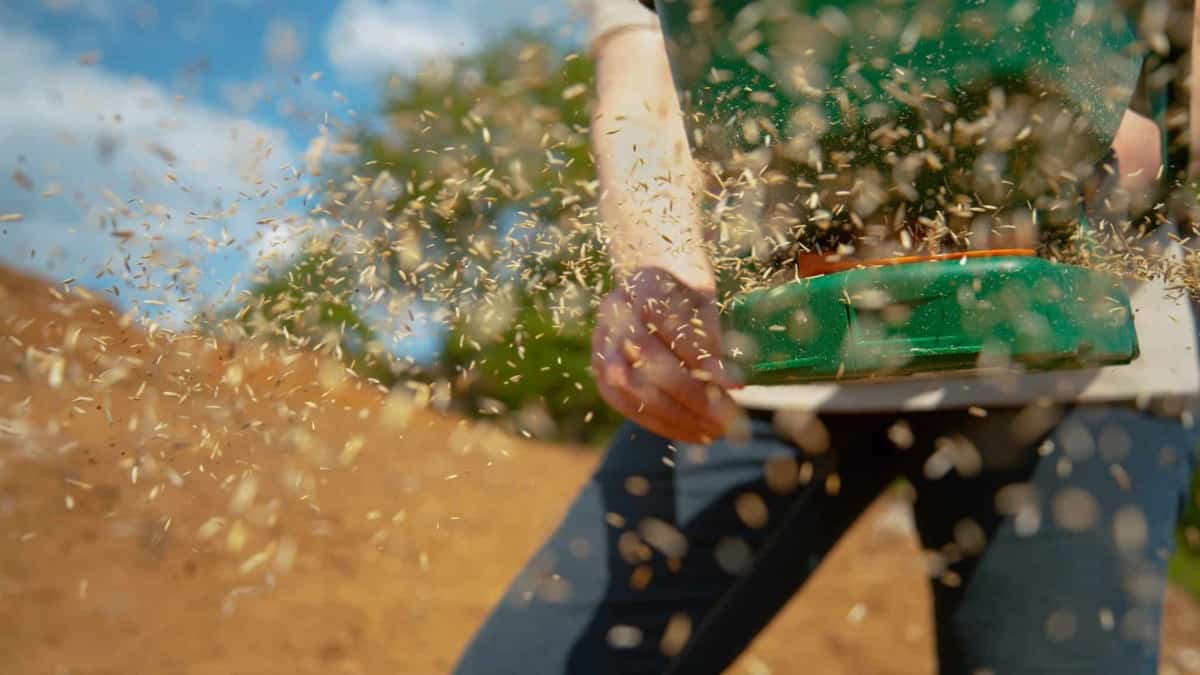
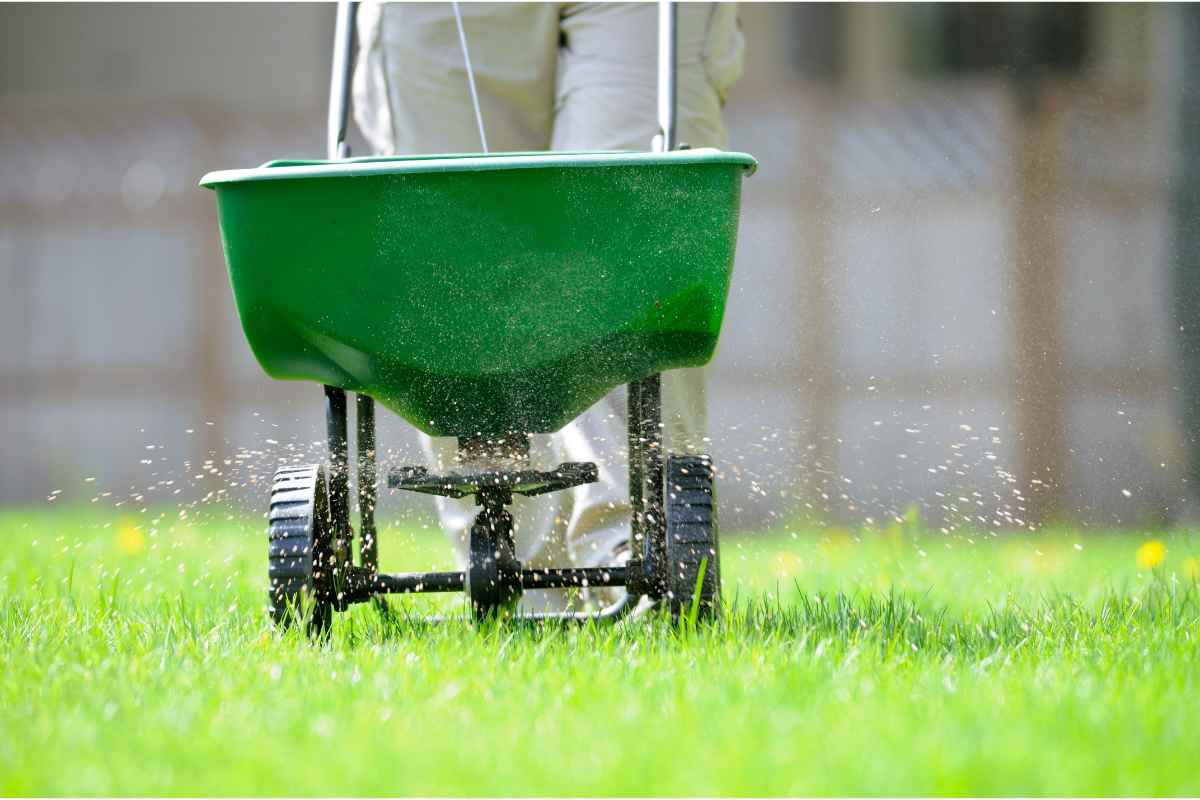
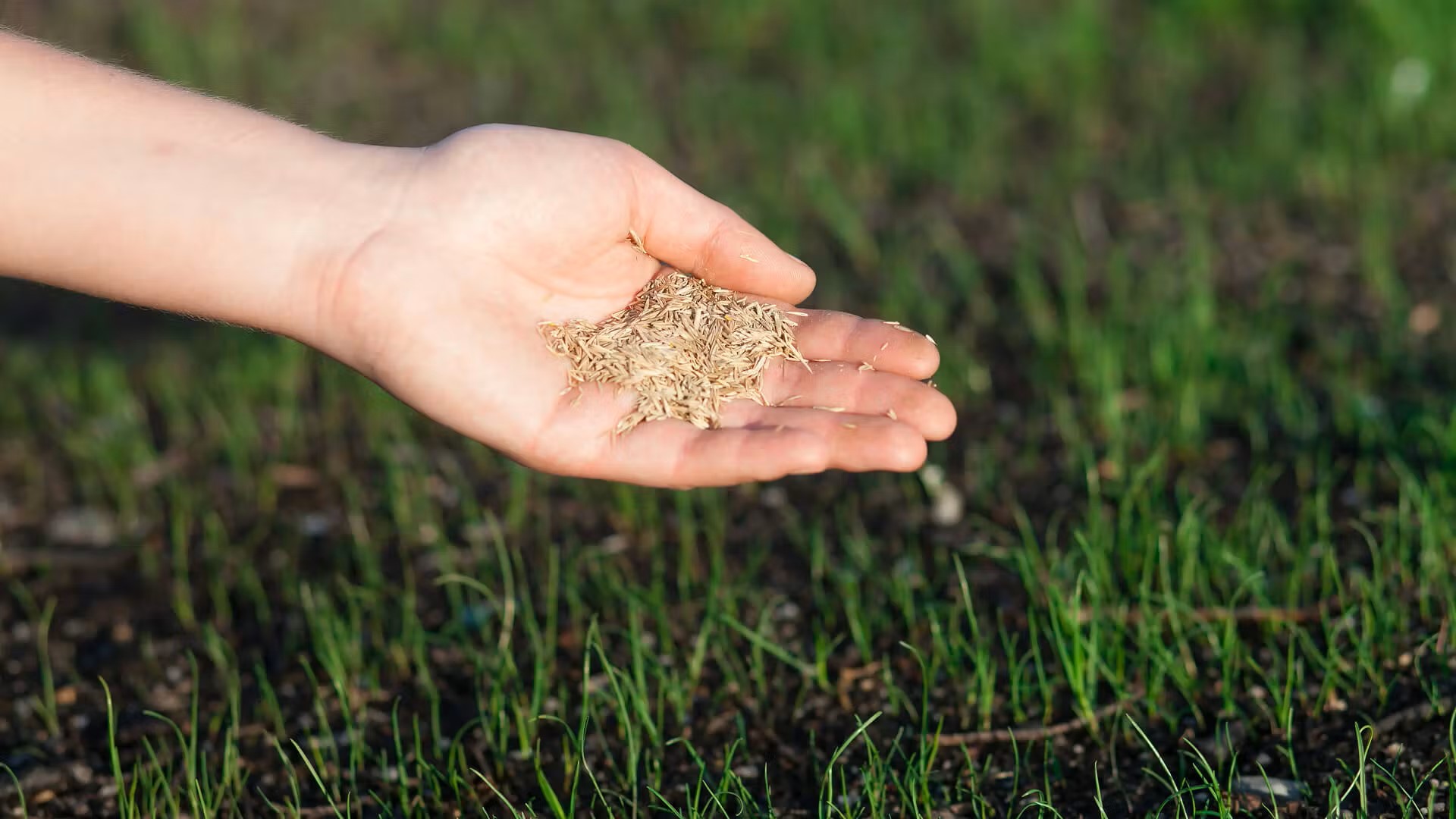
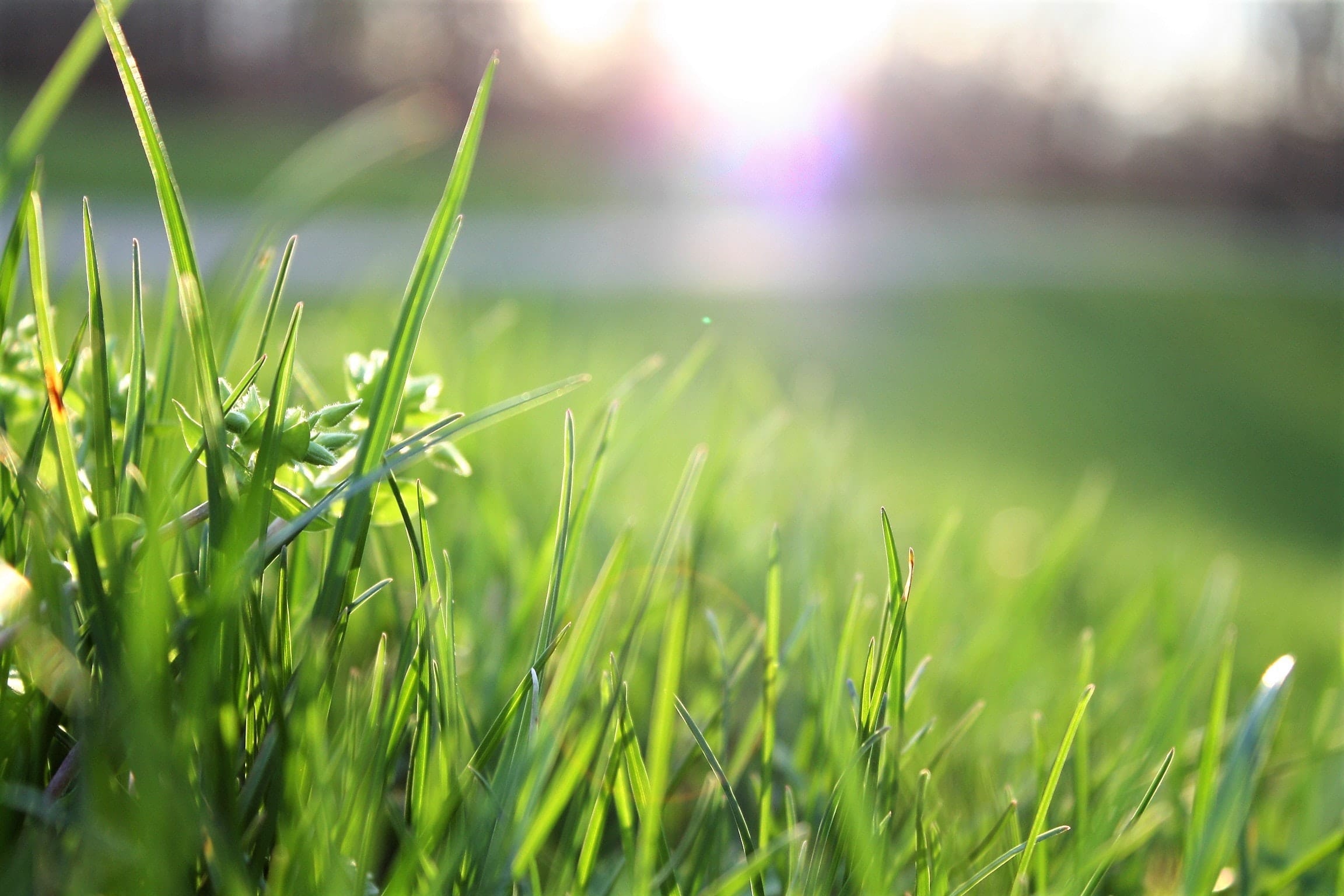
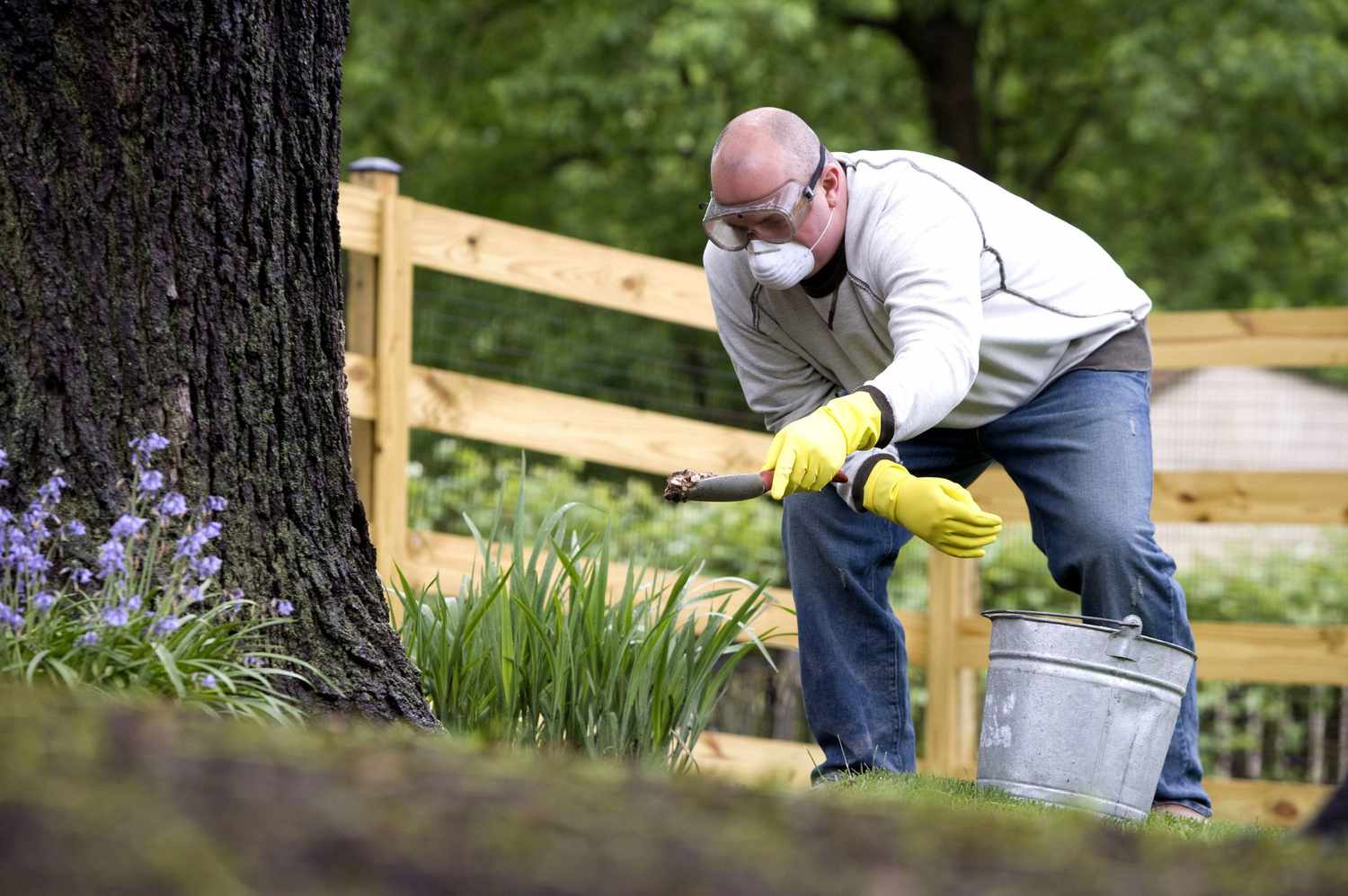
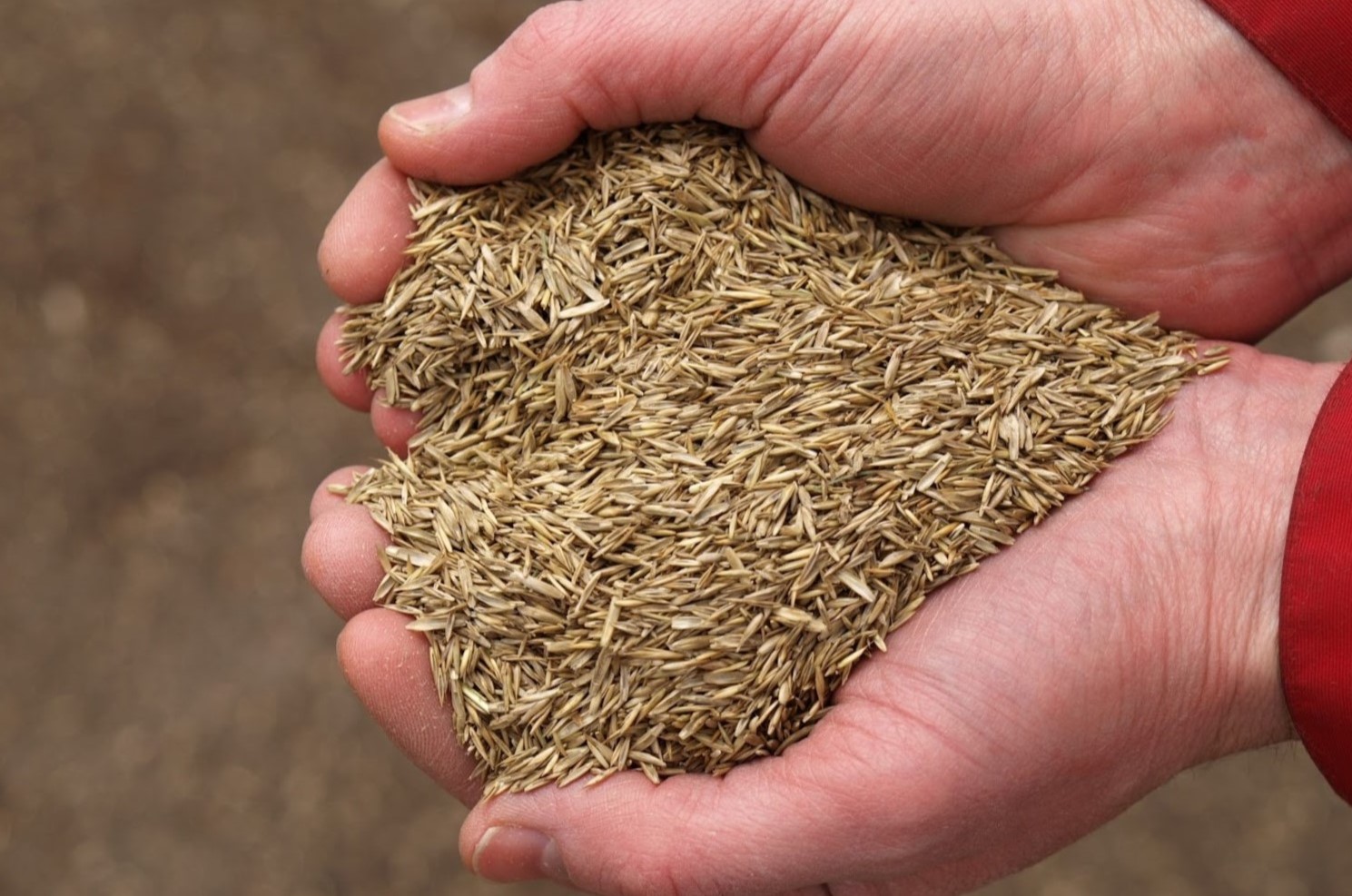
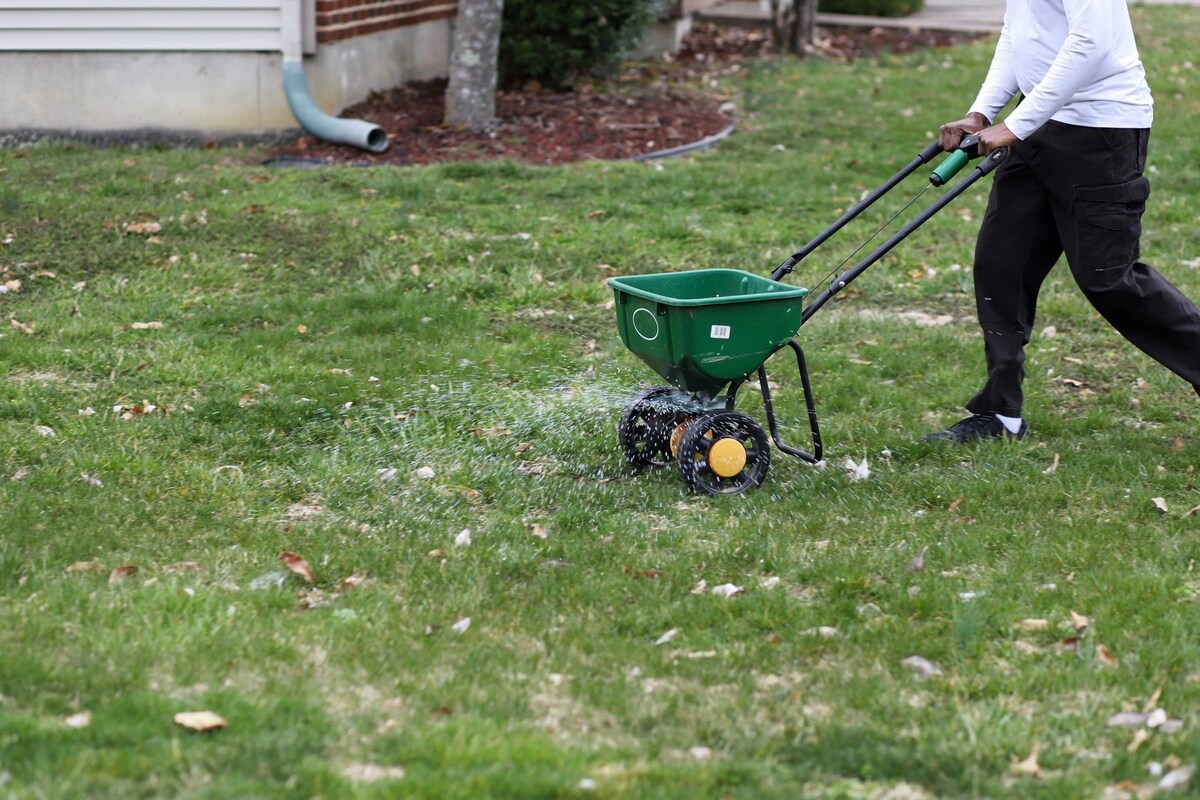

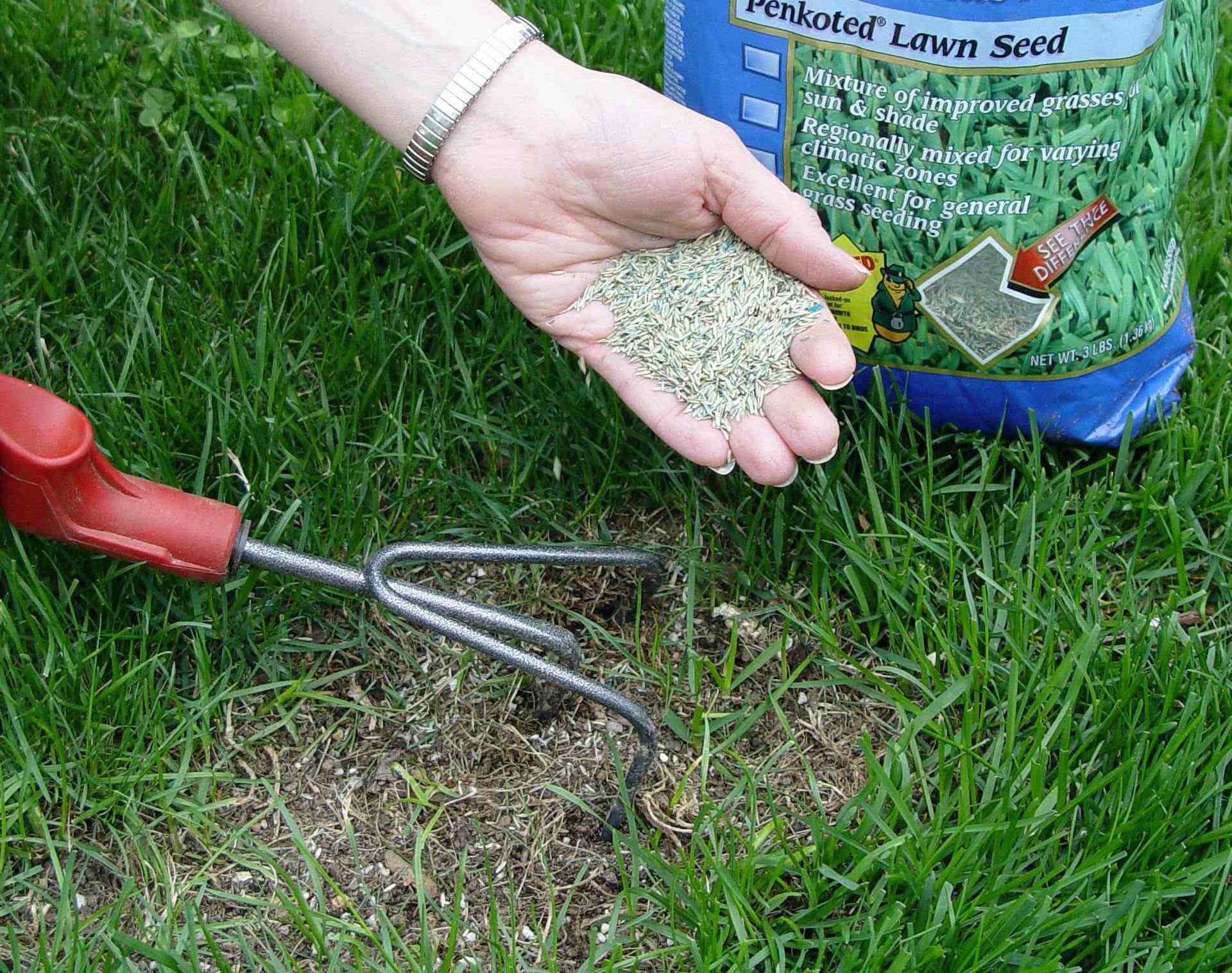
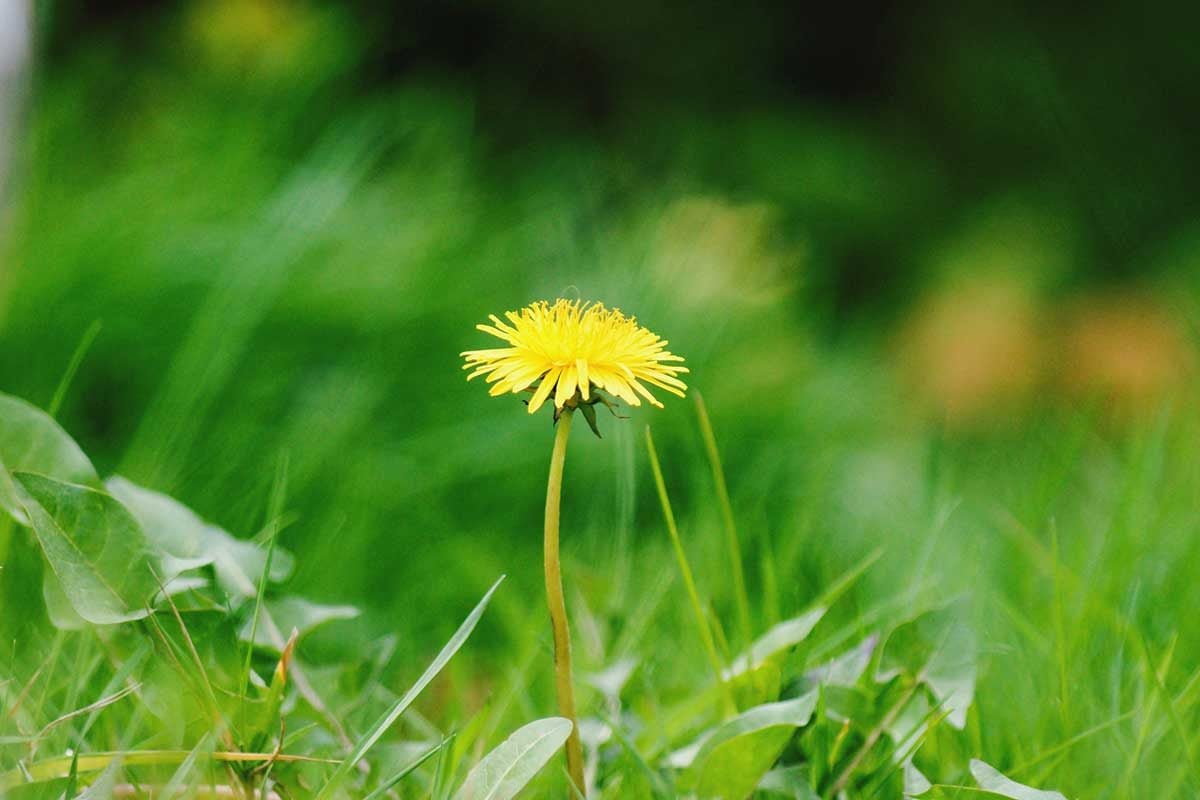
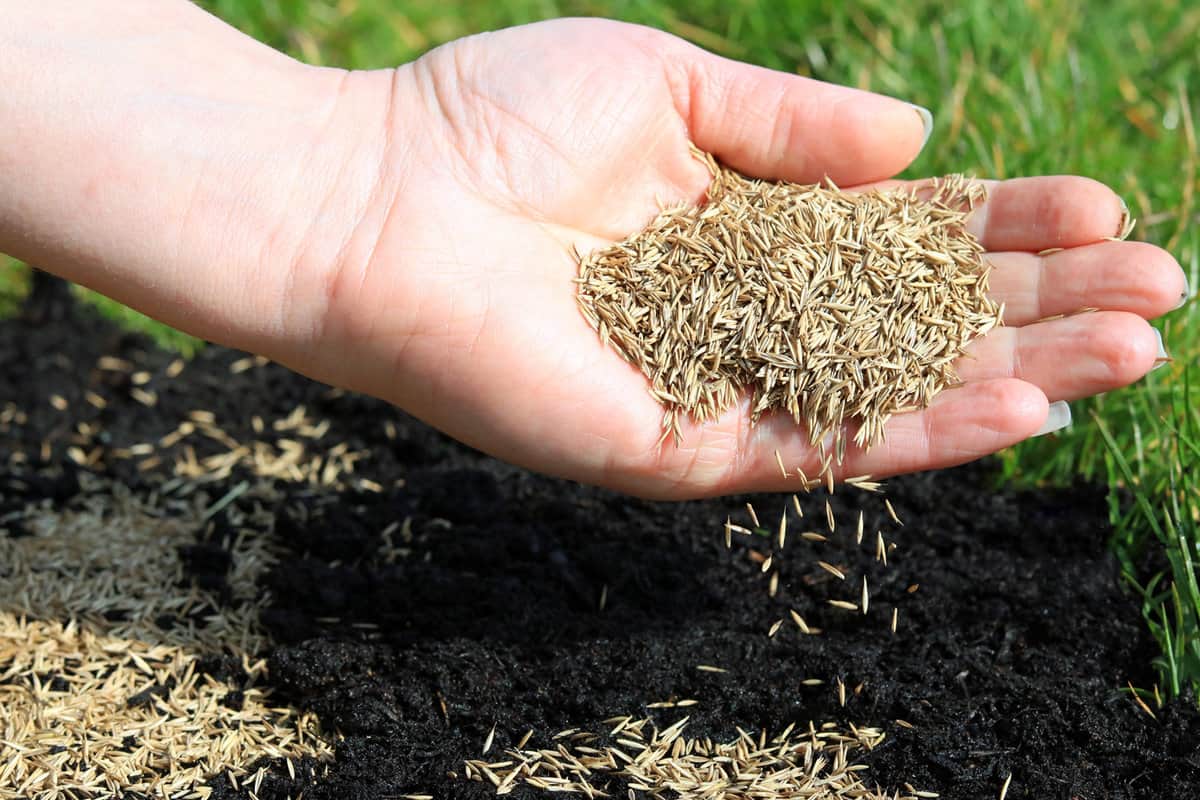
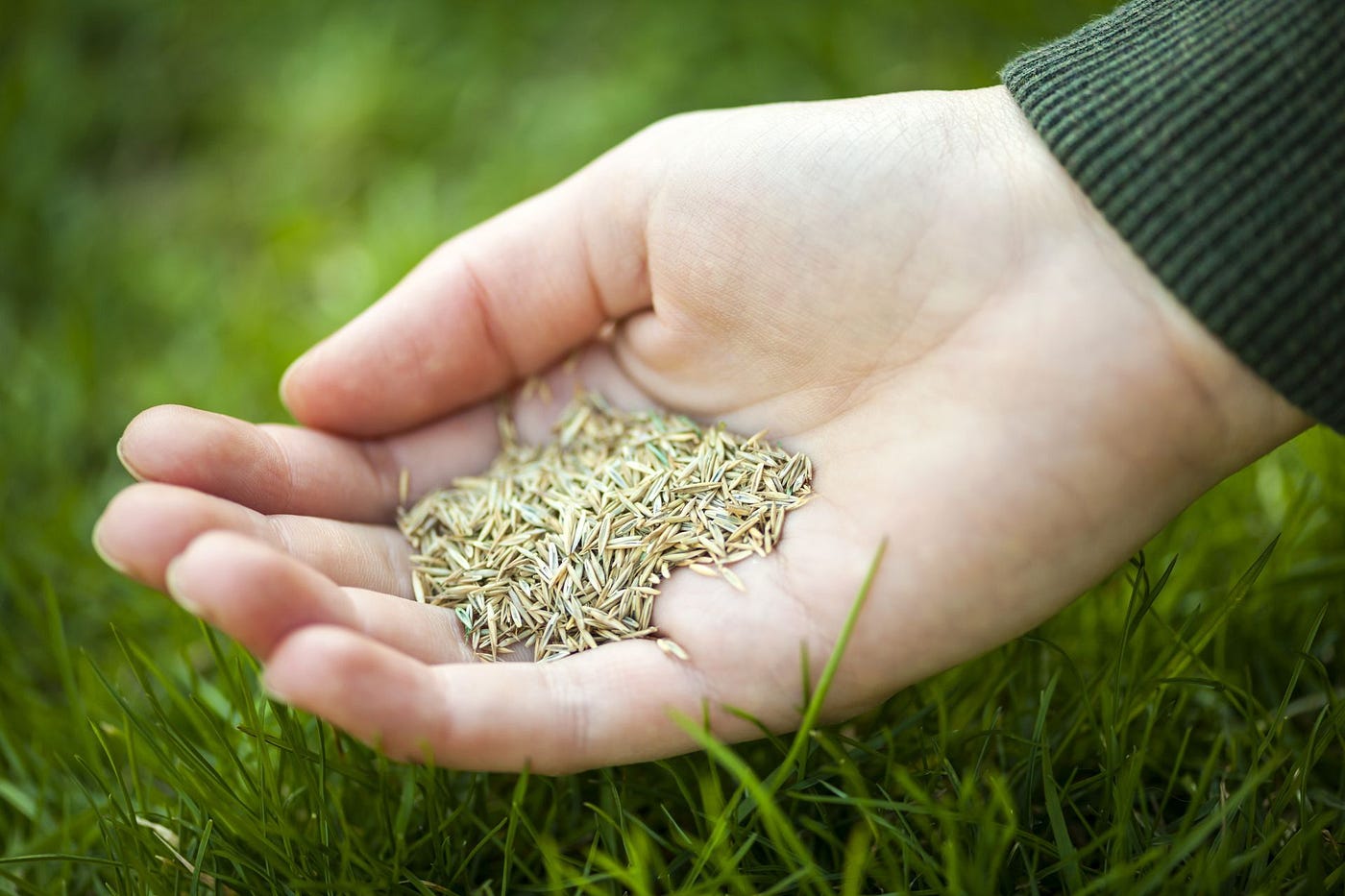
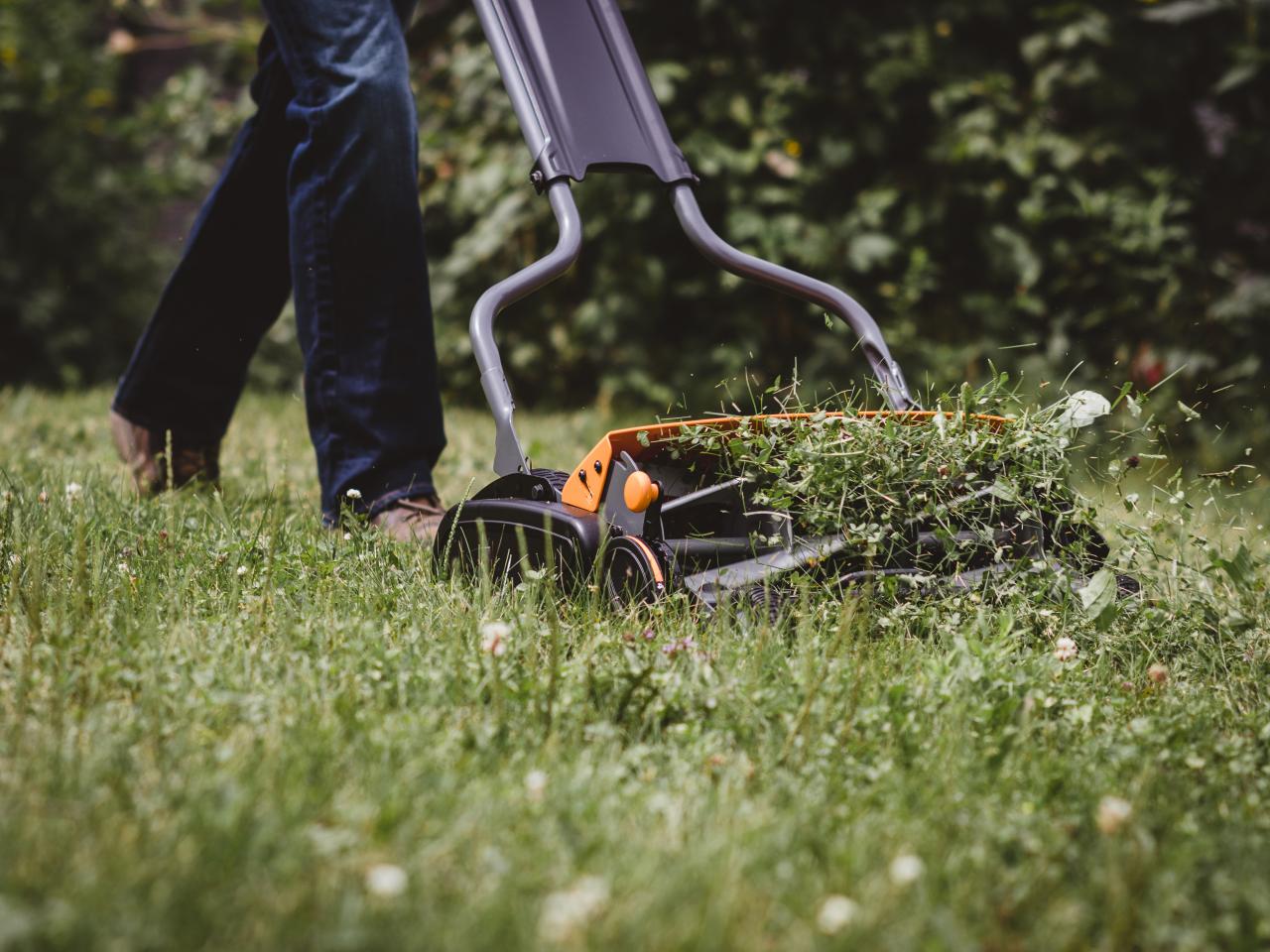
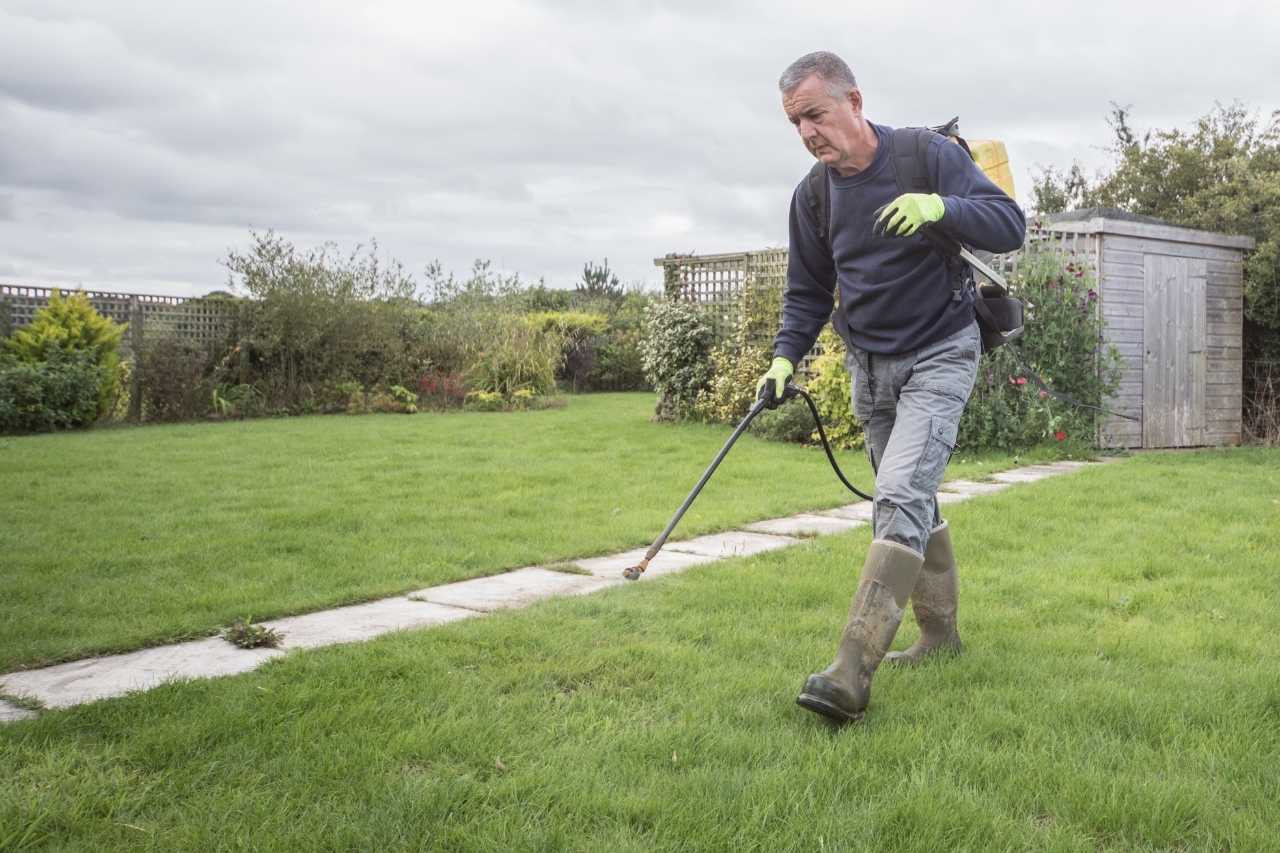

0 thoughts on “When To Put Down Grass Seed In Michigan”